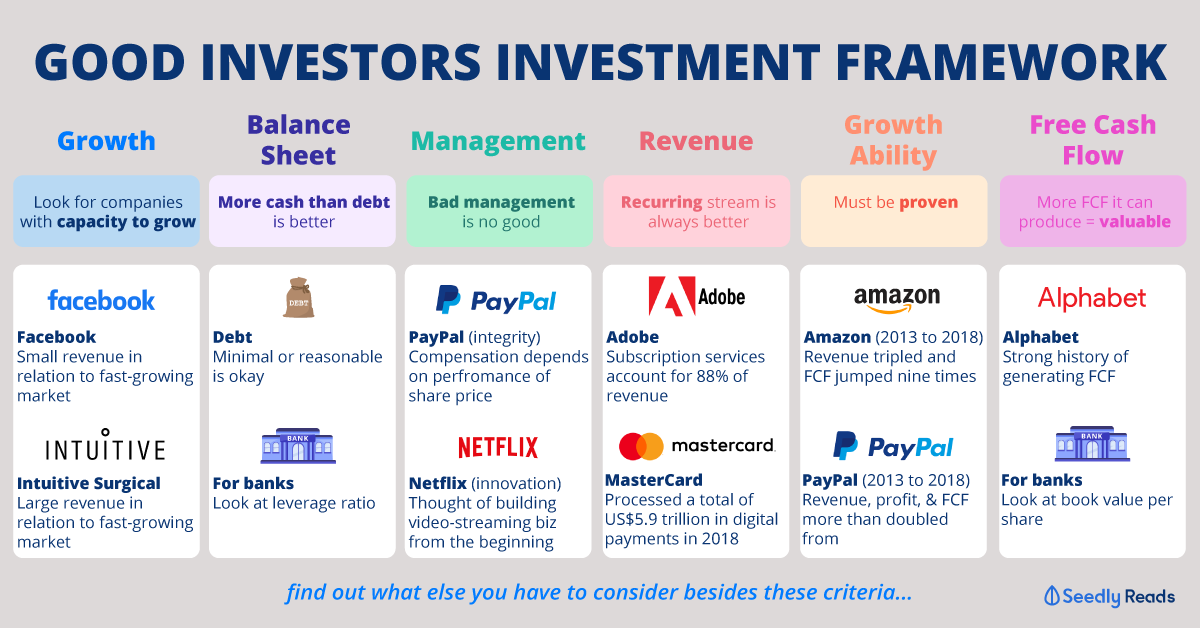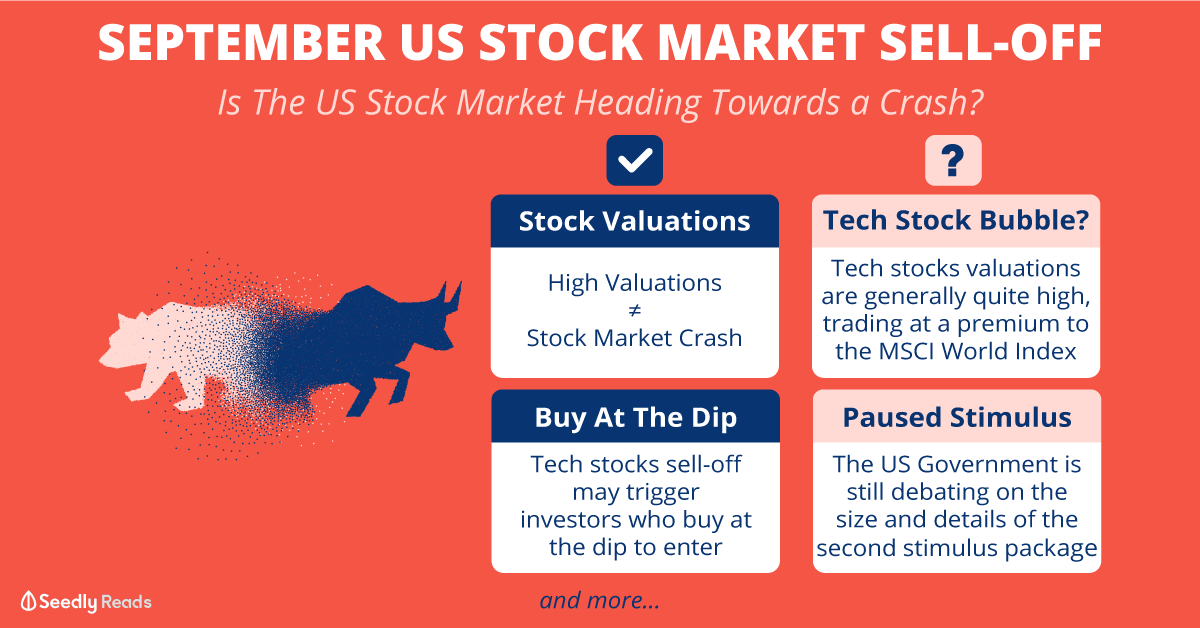Advertisement
Is it unrealistic to expect US markets to continue producing the same returns as before? Vanguard has predicted ~4% annual returns for US stocks over the next decade?
If not, what is your recommended strategy for investors to adjust to this, given that most "global" portfolios tend to have the vast majority of their holdings in the US? Should we overweigh non-US and emerging markets? What about frontier markets (eg. Vietnam) that seem to have good growth prospects too?
On a similar note, what do you think the prospects are for Singapore's market? Should Singaporean investors have a home country bias, or has the STI run its course?
2
Discussion (2)
Learn how to style your text
Chuin Ting Weber
07 Oct 2020
CEO and CIO at MoneyOwl
Reply
Save
Ang Yee Gary
07 Oct 2020
Medicine at National University Of Singapore
The long term returns for any stock market will be same as gdp growth
Reply
Save
Write your thoughts
Related Articles
Related Posts
Related Products

MoneyOwl
4.6
47 Reviews
MoneyOwl
Equities, Bonds
INSTRUMENTS
0.5% to 0.6%
ANNUAL MANAGEMENT FEE
$100
MINIMUM INVESTMENT
N/A
EXPECTED ANNUAL RETURN
Web
PLATFORMS
Related Posts
Advertisement








Dear Immanuel,
This is a very thoughtful and great question. I would start by observing that I used to attend Vanguard yearly outlook forecasts and over the past few years, the return predictions have been 6+% before, not so long ago. This is because capital market assumptions are based on top down macroeconomic forecasts and all forecasts are problematic because we can never be sure.
We still think that the market capitalisation of the world is a good reference point for the global benchmark for equities. The reason is that this is, by definition, the market; where all market participants have, in their collective wisdom, decided to put their money. We believe in trusting markets and the wisdom of many. To adjust allocations to different markets would be to take a view on too many parameters.
If I may suggest another lens, from a financial planning standpoint, what matters is the sufficiency of returns and the reliability of those returns. Why do we invest? It is so that we can plan for the future, a day when we may no longer work but still have spending needs, and we want to beat inflation. If capital market assumptions come down, then in all likelihood, inflation will also be down. This is not a bad thing in itself, because even if the returns are lower, they may be sufficient. All said, capital markets, especially global stock markets, are still the best place to safeguard our future wellbeing by growing our money, in tandem with global growth. Because the global stock market really represents global growth, as companies deliver earnings, which in turns is determined by demand, which in turn is a function of global population growth and increasing standards of living.
The other perspective is that there are various ways – financial planning ways – to resolve the issue should returns be insufficient, which can happen not just because of the markets. We can save more now, or adjust our lifestyle to spend less; or if we still have the time horizon, if we can take on more risk. This is why financial planning is actually a lifelong matter – we review the plan along the way, with human advisers (not just a robot) – so we can make the necessary adjustments with advice. The key is to have the mindset of sufficiency which enables us to build buffers, rather than maximise.